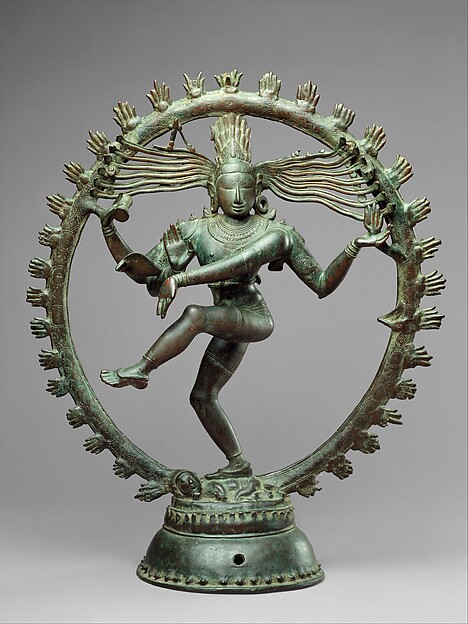Think about the old days of television. No, not in the old country, where in the old days there was only one channel--the government channel. I am referring to the old days in the new country, before my time here. The old days before cable. As long as people had television sets at home, they could watch the shows for "free." Except, well, they had to put up with the advertisements.
So, let us see how that business model worked. A bunch of people got paid to air the programs and they made money from the advertisements that were targeted at the viewers who were paying for it with the time that they wasted watching the shows that ranged from the inane to the profound. Time is money, folks!
Now, consider a different business model that is contemporary. There is only one thing that people need to do--sit around and waste their time. It does not matter how they waste their time as long as they waste it. They can talk about the food they ate, the music they listened to, the politician they hate, or watch cats playing pianos. Or, heck, even complain about their constipation! All they have to do is waste their time talking. Of course, they don't have to pay anything other than with their time. This is Facebook's business model:
Your addiction is making Facebook astonishingly profitable. Put a little more kindly, your emotional and intellectual interactions on the social network are creating a great place for companies to advertise.Facebook does not judge you for the high-calorie food that you ate, or the expensive shoes you bought, or whatever it is that you did; all the creators of that medium want is you wasting your time and other people's time talking about it in Facebook. What a simple business model, right? Highly profitable too because we humans love wasting time talking shit!
Pundits made a big deal this week about how Facebook excelled as Apple stumbled. But there was a warning for Facebook in Apple’s results. Apple has relied heavily on one product — the iPhone — for much of its revenue, so when sales of the device slowed, there was little Apple could do to keep growing. Facebook is even more reliant on a single element: advertising revenue. If people spend markedly less time on Facebook — because an enticing new network comes along, for example — the company’s revenue growth could slow."If people spend markedly less time on Facebook" is where everything hangs. It does not look like the trend curve will shift anytime soon. Which means, yep, people talking shit makes Mark Zuckerberg stinking rich. Ah, yes, there's a sucker born every minute ;)
 |
| Full Disclosure: While I have vastly cut down my Facebook time, my account is alive Yesterday, I posted there this photo of the dinner that I cooked ;) |





